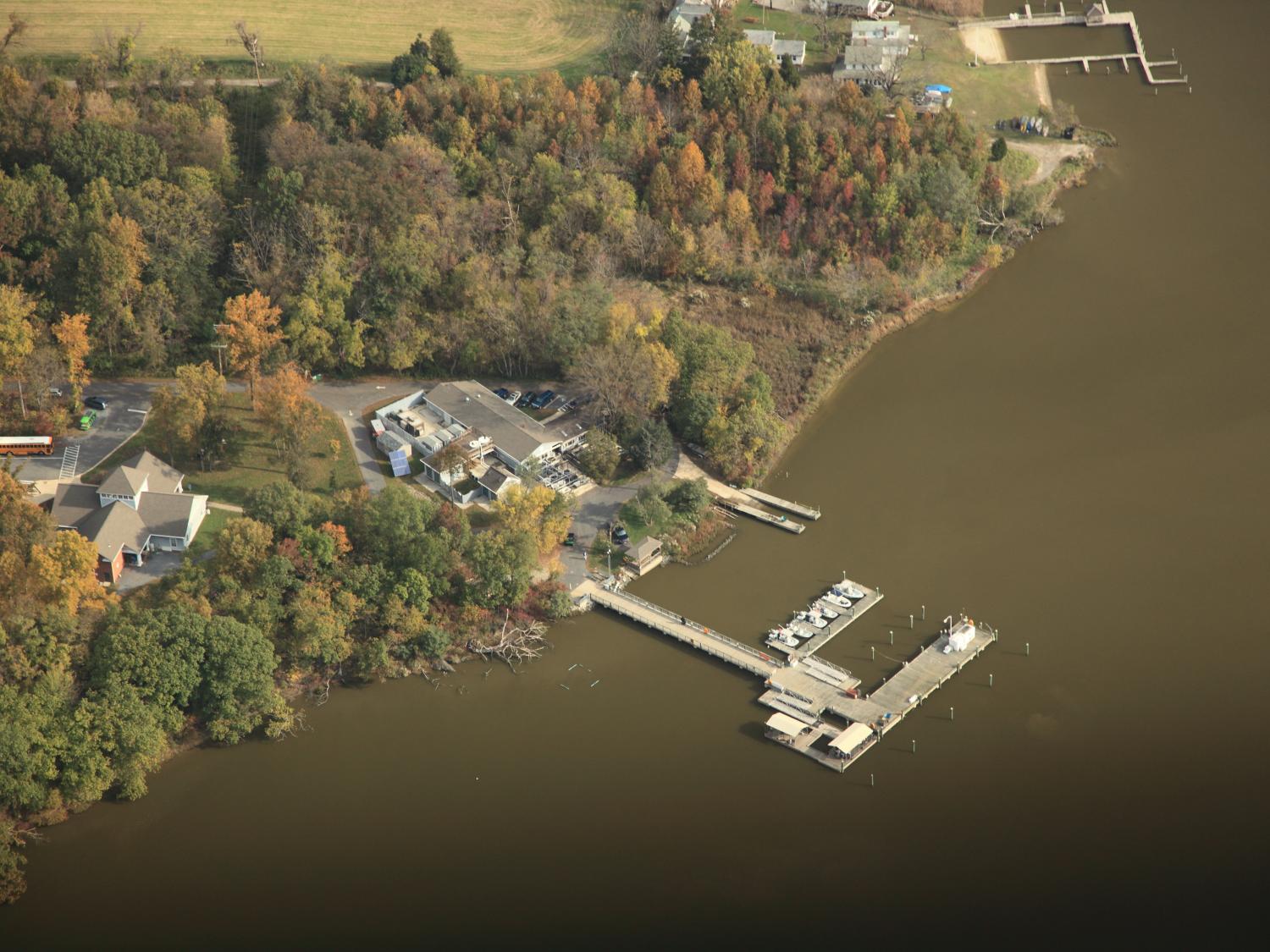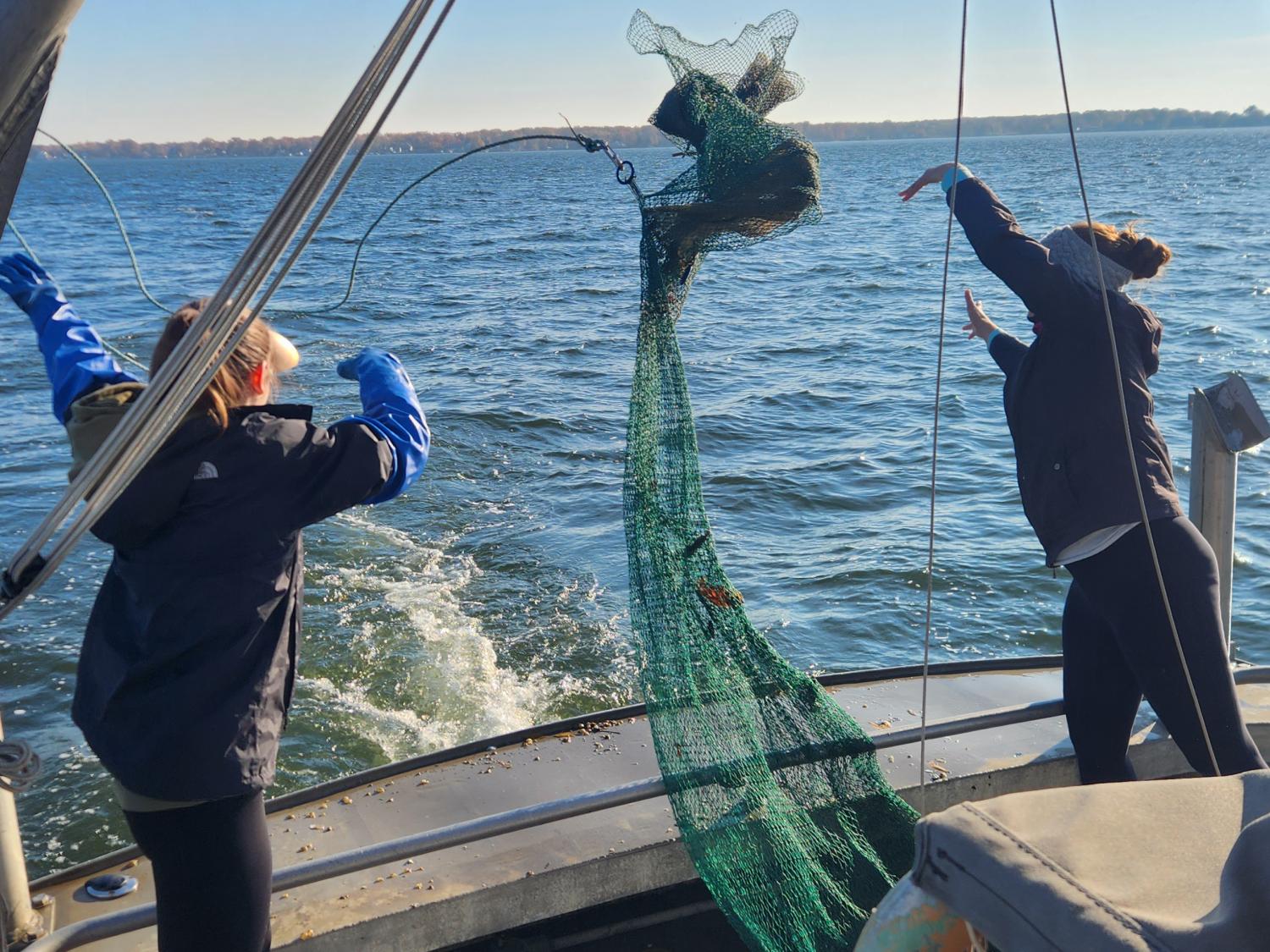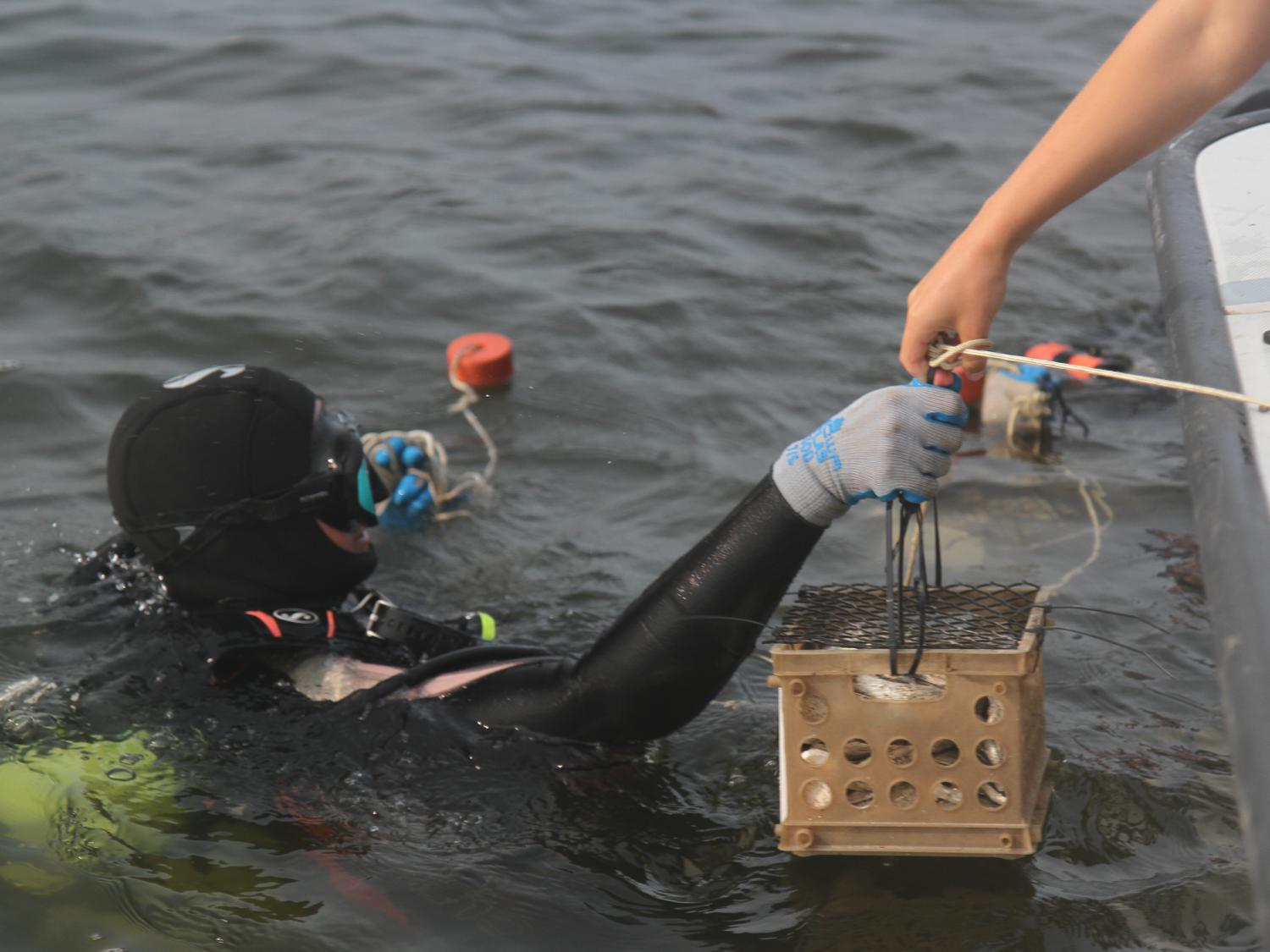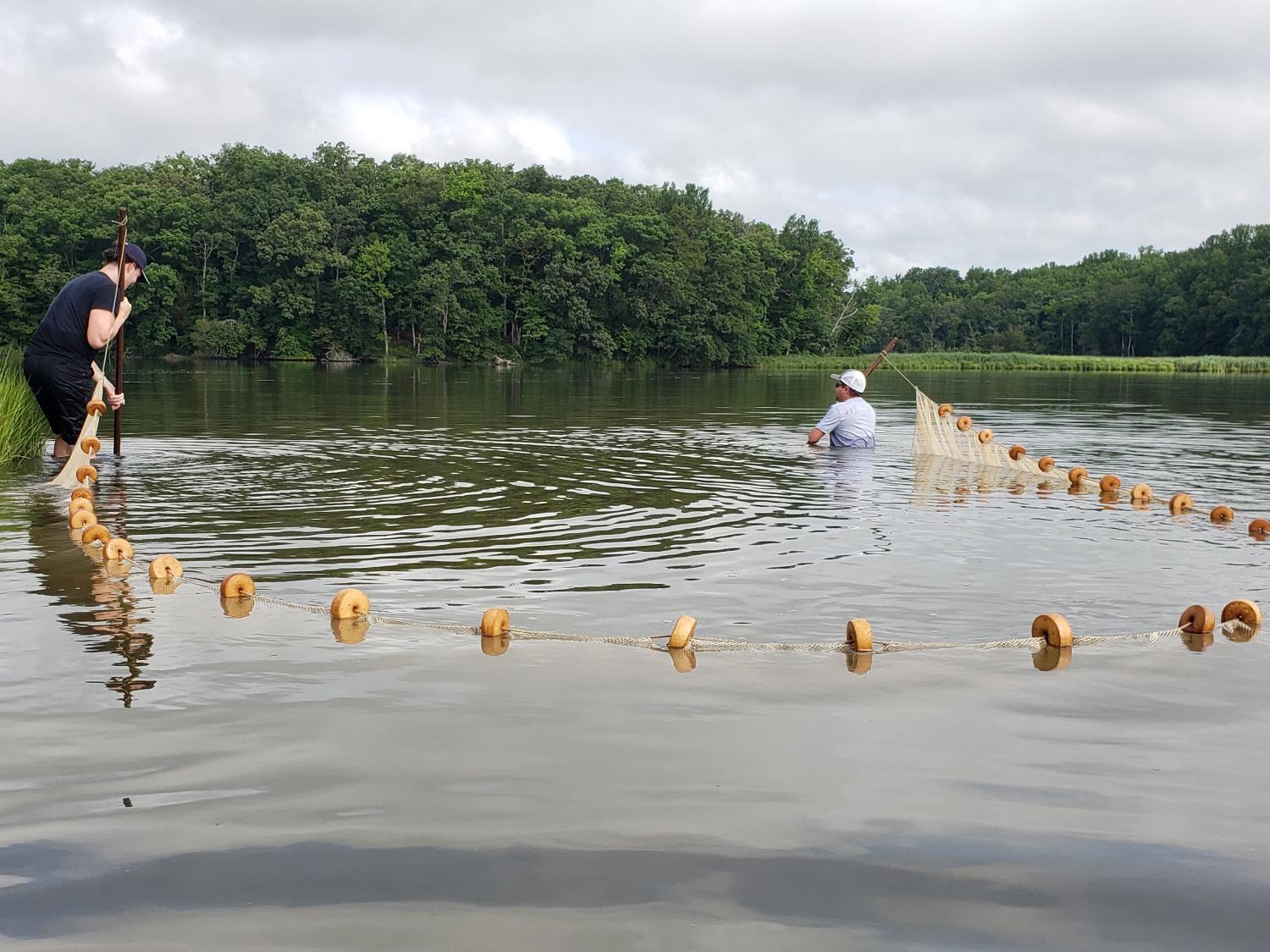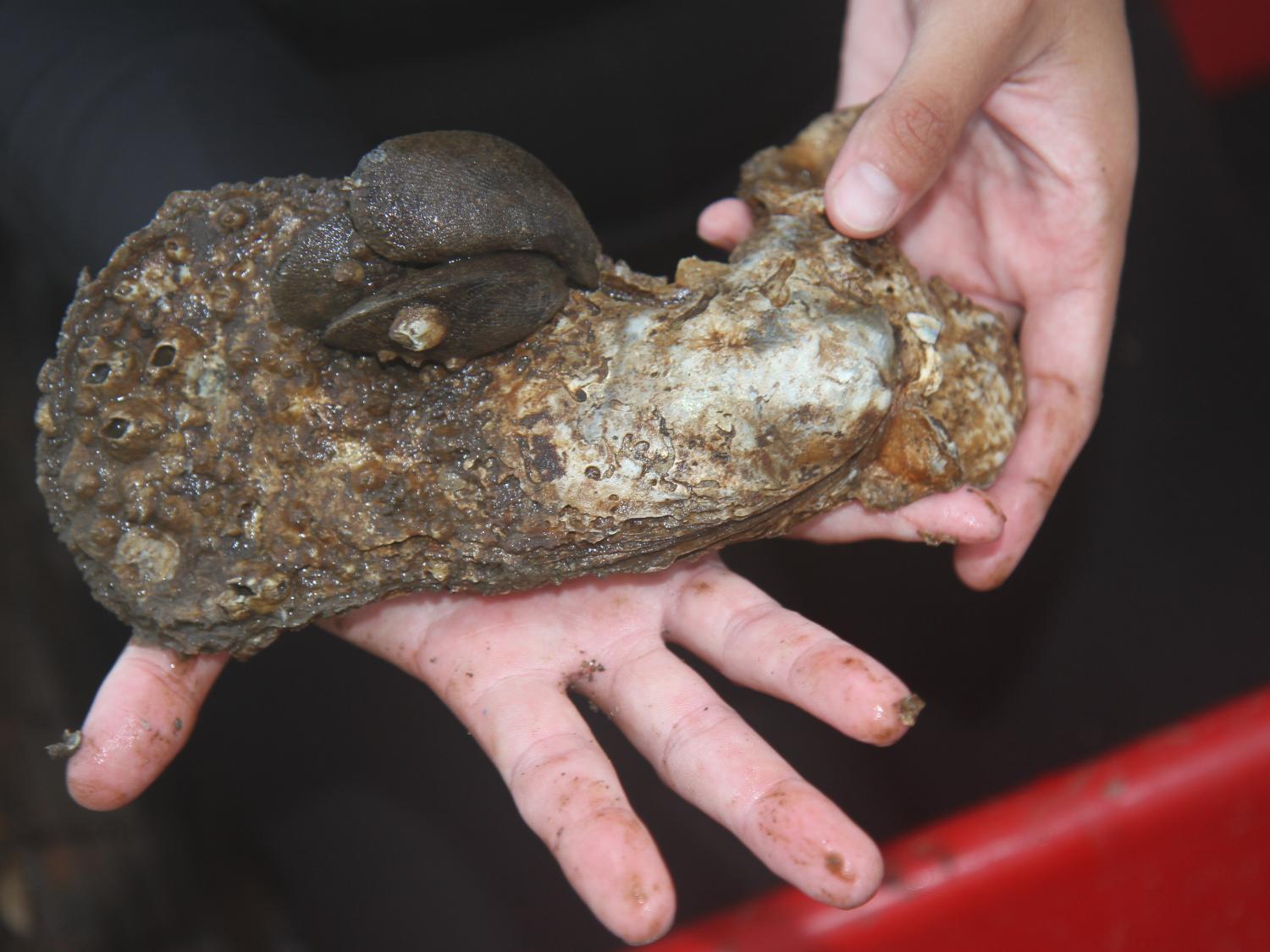Edgewater, Maryland, USA Smithsonian Environmental Research Center
SERC’s 2,650-acre campus is a living laboratory for long-term ecosystem research on estuaries, shorelines, wetlands, forests, and farmland.
The Upper Chesapeake Bay MarineGEO site is based in Edgewater, Maryland at the Smithsonian Environmental Research Center (SERC). SERC is a research institute of the Smithsonian Institution dedicated to environmental research and education at the land/sea interface. SERC is strategically located in a rural seascape close to the Baltimore-Washington DC-Annapolis urban system on the western shore of Chesapeake Bay and central to the Bay’s large watershed.
Research and education at SERC address grand challenges in environmental science by working across ecological scales, conducting long-term studies, and engaging in comparative, synthetic studies. We value public engagement and have strong programs in citizen science, science education, and science communication. MarineGEO research at SERC is underpinned by over four decades of research on estuaries and adjoining watersheds, including time-series of benthic and mobile fish and invertebrate communities. Biodiversity collections aligned with the Chesapeake Bay Barcode Initiative support a comprehensive voucher collection and barcode library for taxonomic and genetic studies including environmental DNA. SERC is also home to the Global Change Research Wetland (GCReW) dedicated to in situ experiments designed to unravel biogeochemical processes in coastal wetlands responding to CO2 enrichment, warming, and other global changes, as well as a National Ecological Observatory Network (NEON) site. Facilities include a wet lab suitable for tank and mesocosm studies, a fleet of vessels, and a wide variety of analytical instruments and computing resources to support research.
MarineGEO research at SERC focuses on underwater grass bed, oyster reef, sediment bottom, course woody debris, and human-built (docks) habitats. Several years of salt marsh data were also collected in early years of MarineGEO sampling.
MarineGEO Team
- Principal Investigator: Matt Ogburn
- MarineGEO Technician: Emily Anderson
Participating Institutions
iNaturalist
